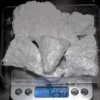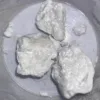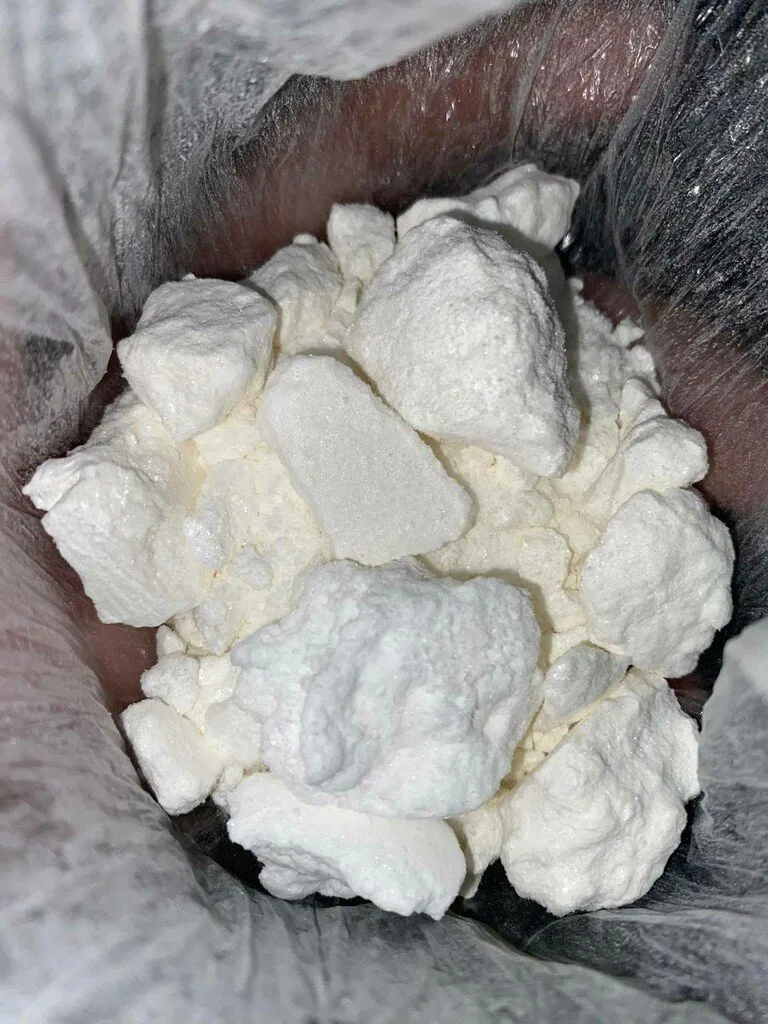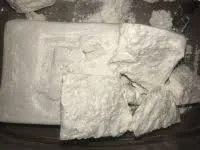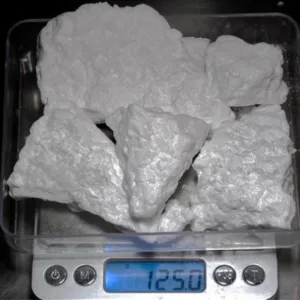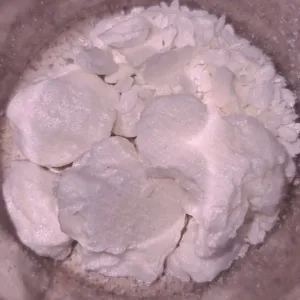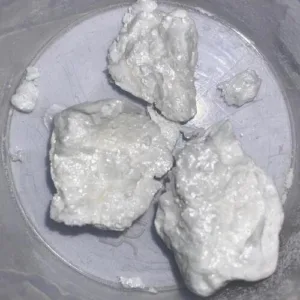$130.00 – $4,000.00
Colombian Coke is a highly potent form of cocaine produced in Colombia, known for its purity and intense effects. Extracted from the coca plant, this stimulant drug is widely recognized for its euphoric and energizing properties but is also associated with significant health risks and addiction.
Colombian Coke
refers to cocaine produced in Colombia, a country renowned for being one of the largest producers of high-quality cocaine in the world. Derived from the leaves of the coca plant, which thrives in the Andean regions of South America, Coke is prized for its high purity and potent effects.
The production process involves extracting the active alkaloids from coca leaves and refining them into cocaine hydrochloride, a fine white powder. This form of cocaine is typically snort
Colombian Coke is a highly potent form of cocaine produced in Colombia, known for its purity and intense effects. Extracted from the coca plant, this stimulant drug is widely recognized for its euphoric and energizing properties but is also associated with significant health risks and addiction.
Behavioral therapies, such as cognitive-behavioral therapy (CBT) and contingency management, are commonly used to treat cocaine addiction. These therapies help individuals understand the underlying causes of their addiction, develop coping strategies, and modify harmful behaviors.
Support Systems
Support groups, such as Narcotics Anonymous (NA), provide peer support and a sense of community for individuals recovering from cocaine addiction. These groups offer a platform for sharing experiences, advice, and encouragement.
The widespread use of cocaine has significant public health implications. Overdose deaths, infectious diseases from needle sharing, and the burden on healthcare systems are major concerns. Cocaine-related health issues also contribute to increased healthcare costs and resource allocation.
Crime and Violence
The illegal cocaine trade is closely linked to crime and violence. Drug cartels and trafficking organizations often engage in violent conflicts with law enforcement and rival groups. Additionally, the need to fund drug habits can drive users to engage in criminal activities, such as theft and prostitution.
Socioeconomic Impact
Cocaine use and addiction can have devastating effects on individuals and communities. It can lead to job loss, financial instability, and the breakdown of family relationships. The social stigma associated with drug use can also hinder individuals’ efforts to seek help and support.
Treatment and Rehabilitation
Medical Interventions
Treatment for cocaine addiction often involves a combination of medical and behavioral interventions. Medications may be used to manage withdrawal symptoms and co-occurring mental health disorders. However, there is currently no FDA-approved medication specifically for cocaine addiction.
Behavioral Therapies
Behavioral therapies, such as cognitive-behavioral therapy (CBT) and contingency management, are commonly used to treat cocaine addiction. These therapies help individuals understand the underlying causes of their addiction, develop coping strategies, and modify harmful behaviors.
Support Systems
Support groups, such as Narcotics Anonymous (NA), provide peer support and a sense of community for individuals recovering from cocaine addiction. These groups offer a platform for sharing experiences, advice, and encouragemen
| quantity | 3.5g, oz, qp, hp, pound |
|---|
Related products
cocaine
cocaine
cocaine
cocaine



